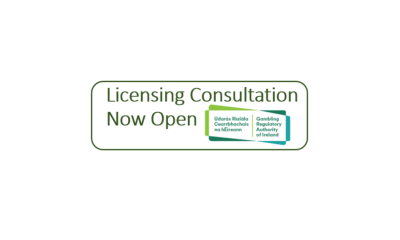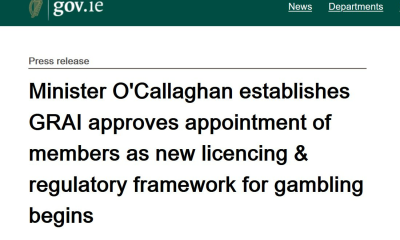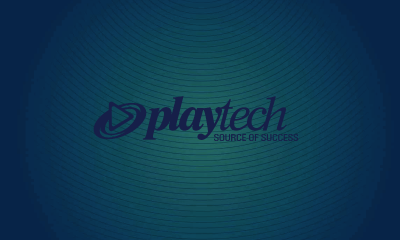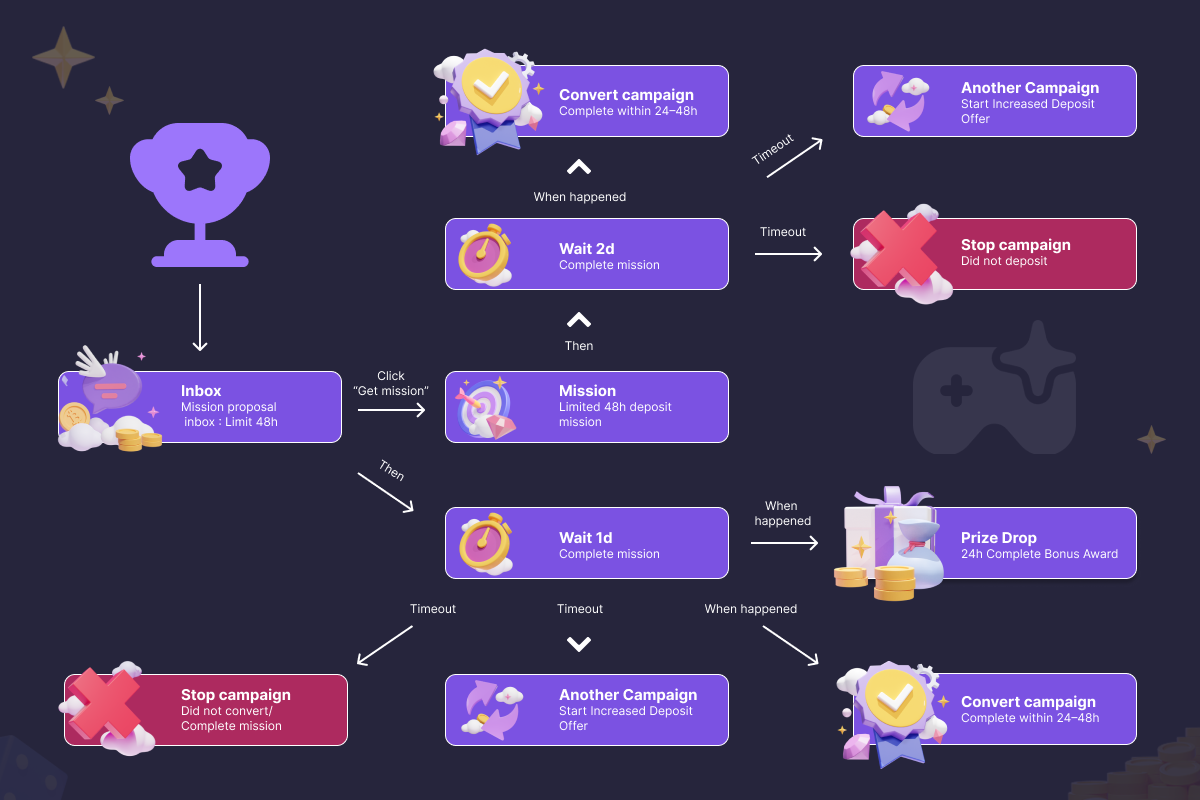Compliance Updates
Why Ireland’s advertising ban should sound a warning to the industry

Tom Farrell, Chief Marketing Officer at ClearStake
At first glance, Ireland’s emerging Gambling Regulation Bill might not be of particular concern to anyone outside the emerald isle – even allowing for Ireland’s influential and outsized position in the related worlds of horse racing and gambling. But recent controversy around a proposed ban on all television gambling advertising before a 9pm watershed should sound a warning to anyone willing to hear.
As it stands, this ban is intended to cover all television channels, including RacingTV and Sky Sports Racing. And as anyone who watches either of those channels will know, they are dependent on advertising from gambling companies. So dependent, in fact, that there is serious talk about both no longer being available in Ireland if the bill is passed.
Exactly what impact that will have on Irish racing and gambling is an open question, but there are already plenty of commentators sounding the alarm. “It will be a disaster” is the considered opinion of racing legend Ted Walsh, and it is hard to argue with him. Effectively it will remove Irish racing from the airwaves for all but a handful of key events, something sure to damage the industry in the medium term. From the perspective of gambling operators, it also means an inevitable loss of revenue as people bet on what they watch.
Will it happen? If (ahem) I was a betting man, I would back amendments to be added to the bill to allow exceptions for dedicated racing channels. But it’s no dead cert and it hasn’t happened yet. It would be foolish to assume that everything will get sorted out and thus sleepwalk toward disaster.
And for the wider lesson? Read on.
Where gambling stands today
Let us face facts. For most governments in countries where gambling is legal, it is filed under ‘something we have to do something about’. More specifically, those governments quite rightly want to protect their citizens from harm, and they are inevitably going to look around at ways in which to do that.
So, whilst in 2023, with everything we know about young people’s media habits, a ban on gambling advertising ‘before the watershed’ might seem silly to you or me, to a government ‘doing something’ about gambling, it’s an option. And in this case, they are taking it. As anyone following recent history knows, expecting governments to always make sensible, proportionate decisions isn’t always wise, and this is what happens when they are left to come up with a solution to the challenge of protecting gamblers themselves.
In response, and you can probably see where this is going by now, the gambling industry itself has to proactively engage with the responsibility to protect our customers. Nobody knows the ins and outs of the issue as well as gambling operators themselves, and it is those operators who should be bringing sensible, proportionate measures to the table. Because in their absence, we get the type of potentially disastrous ban on advertising being proposed in Ireland.
The goal, ultimately, is minimising harm whilst maximising revenue. I would argue that this ban actually does neither.
But what are the alternatives? Any member of the Irish government who reads the Racing Post on a regular basis would be forgiven for thinking that sensible, targeted measures, intended to ensure that high-staking punters are not gambling beyond their means, are definitely not an option.
On that basis, they have probably ruled out affordability checks entirely (despite the fact that AML legislation required the checking of financial documentation anyway) and landed on an alternative that has the potential to cause significant damage to the industry. Trebles all round!
Let’s finish by painting a slightly different picture.
Gambling operators and their representatives engage with the government in a constructive manner to find solutions that, as above, minimise harm and maximise revenue. That could include affordability checks integrated with existing AML requirements (as hinted at in the UK White Paper). By doing so, legislators get to ‘do something’, and the something that they do is targeted in a way that ensures those that need to be protected are, and those who wish to stake freely can do so, which delivers a top-line revenue boost.
Doesn’t that sound more sensible than slightly random interventions that risk the entire industry? The only thing stopping this happening is the industry itself. Let’s change that.
-

 eSports10 hours ago
eSports10 hours agoTEAM VITALITY AND PARIS SAINT-GERMAIN ESPORTS ANNOUNCE EA FC COLLABORATION
-

 Compliance Updates7 days ago
Compliance Updates7 days agoSOFTSWISS Compliance Expert Shares Knowledge on AML in iGaming for Sumsub Academy
-

 Asia7 days ago
Asia7 days agoTesla to showcase Model Y with NODWIN Gaming at the thrilling BGMS Season 4 Grand Finals
-

 Africa7 days ago
Africa7 days agoRacing1 is exhibiting for the first time at the Grand Prix D’Afrique
-

 Latest News7 days ago
Latest News7 days agoÅland-Based Gaming Company Paf Becomes Main Partner of the Finnish Ski Association – One of the Most Significant Sponsorship Agreements in the Association’s History
-
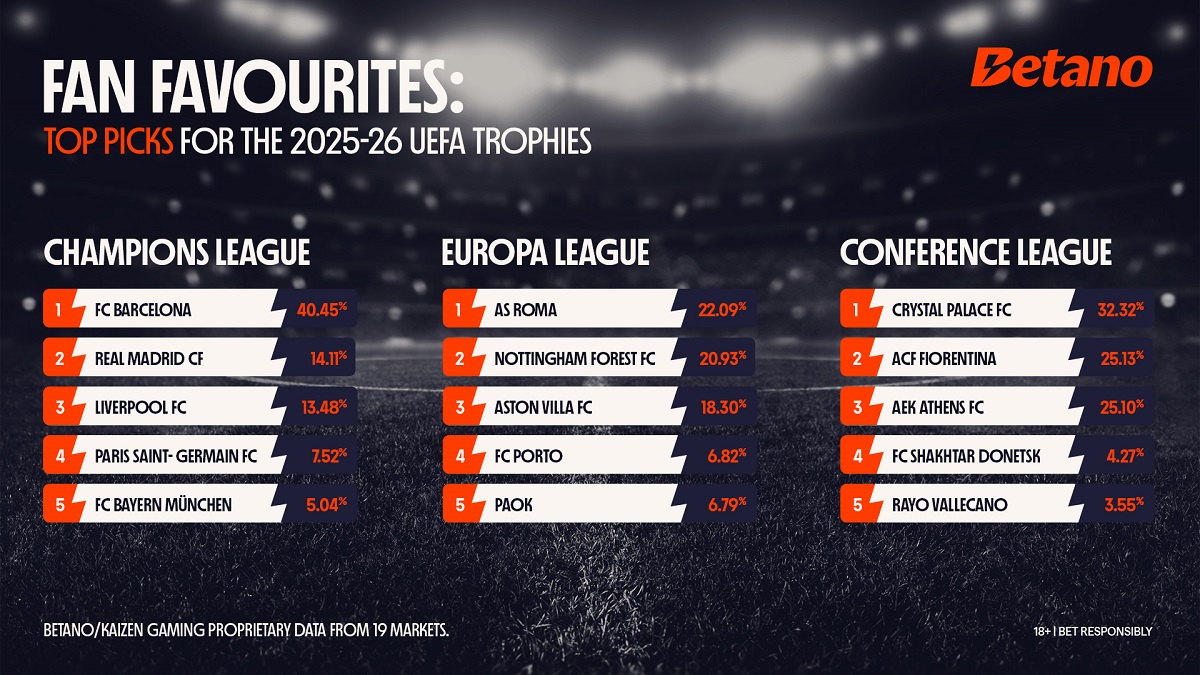
 Latest News7 days ago
Latest News7 days agoKaizen Gaming data – FC Barcelona the fan favourite to win the Champions League
-

 Latest News7 days ago
Latest News7 days agoAnimo Studios debuts virtual hosts for live table games starting with Stake
-

 Latest News7 days ago
Latest News7 days agoWeek 37/2025 slot games releases









